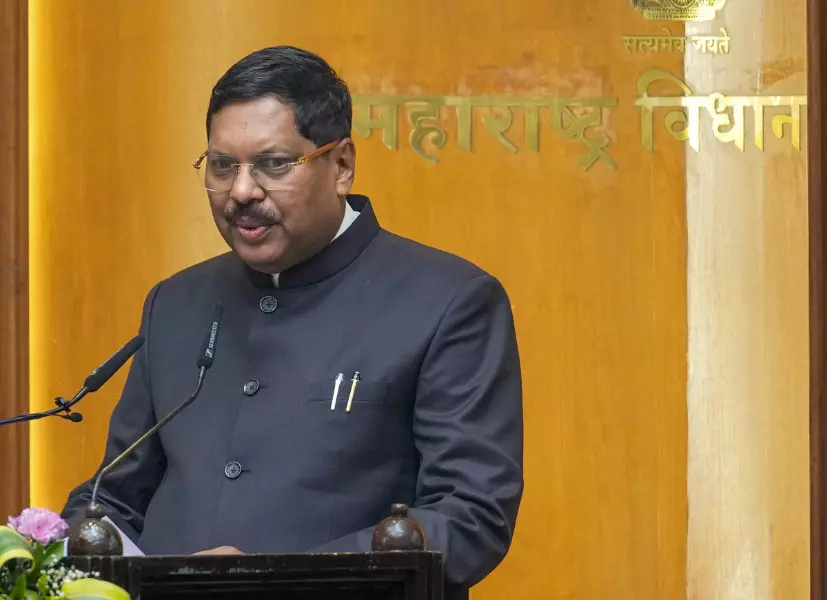Ambedkar wanted judiciary to be free from executive interference: CJI Gavai

Mumbai: Dr B R Ambedkar spoke about the supremacy of the Constitution and believed that judiciary should be free of interference from the executive, Chief Justice of India Bhushan Ramkrishna Gavai said here on Tuesday.
Speaking on `Indian Constitution' after being felicitated by the Maharashtra legislature upon his elevation to the top judicial post, he said the Constitution has been a weapon of bloodless revolution in the country.
Judiciary, executive and legislature have worked together to usher in socio-economic equality in India in the last 75 years, he said, adding that as the Constitution moves towards its centenary, he was happy that he has been part of the judicial process.
Ambedkar had said we all believe in the supremacy of the Constitution which will keep the country united during peace and war, Gavai said in his address after both houses of the Maharashtra legislature unanimously passed resolutions congratulating him.
The Constitution gives rights to the three wings -- Executive, Legislature and Judiciary -- and according to Ambedkar, judiciary has to work as a watchdog and custodian of citizens' rights, the chief justice said.
Ambedkar also said that judiciary should be free from executive interference, he added.
The CJI also quoted Ambedkar as stating that the Constitution cannot be static, it has to be organic and keep evolving. As the problems which the next generation might face cannot be anticipated by the current generation, amendments were allowed, he said.
Women and backward communities were brought into the national mainstream because of the Constitution, the CJI said, adding, "We have had a woman prime minister, two female presidents, K R Narayanan and Ram Nath Kovind belonging to the backward communities as presidents, G M C Balayogi and Meira Kumar as Lok Sabha Speakers, and several members of Backward Classes as chief secretaries and DGPs in different states.
''Ambedkar was of the view that fundamental rights are of no use without remedies. Federalism was flexible and not rigid. The Constitution separated powers of all the three wings -- legislature, executive and judiciary. It was the judiciary's role to ensure that laws are within the framework of the Constitution. All three arms of democracy believed in the supremacy of the Constitution," Gavai said.
Equality, liberty and fraternity go hand in hand, he said, adding, "If there is only equality...no one will like to excel. If there is only liberty, it will be the survival of the fittest. Fraternity acts as a policeman where both equality and liberty can act together,'' he said.
He was overwhelmed by the felicitation by the Maharashtra legislature because his father R S Gavai was closely associated with the state legislative council for more than 30 years, the CJI said.
R S Gavai, a Republican Party of India (RPI) leader, had served as the chairperson of the Maharashtra legislative council as well as the governor of Bihar, Sikkim and Kerala.
Earlier in the day, assembly Speaker Rahul Narwekar moved a motion to congratulate Gavai in the lower house, saying that his elevation as CJI was a matter of pride for Maharashtra. The motion was adopted unanimously.
A similar congratulatory motion was moved later in the state legislative council by chairperson Ram Shinde and passed unanimously.
Chief Minister Devendra Fadnavis felicitated Gavai on behalf of the legislature at a ceremony held in the central hall.
Born on November 24, 1960, at Amravati in Maharashtra, Justice Gavai became an additional judge of the Bombay High Court on November 14, 2003. He was sworn in as the 52nd Chief Justice of India on May 14, succeeding Sanjiv Khanna.
NATIONAL MUMBAI



